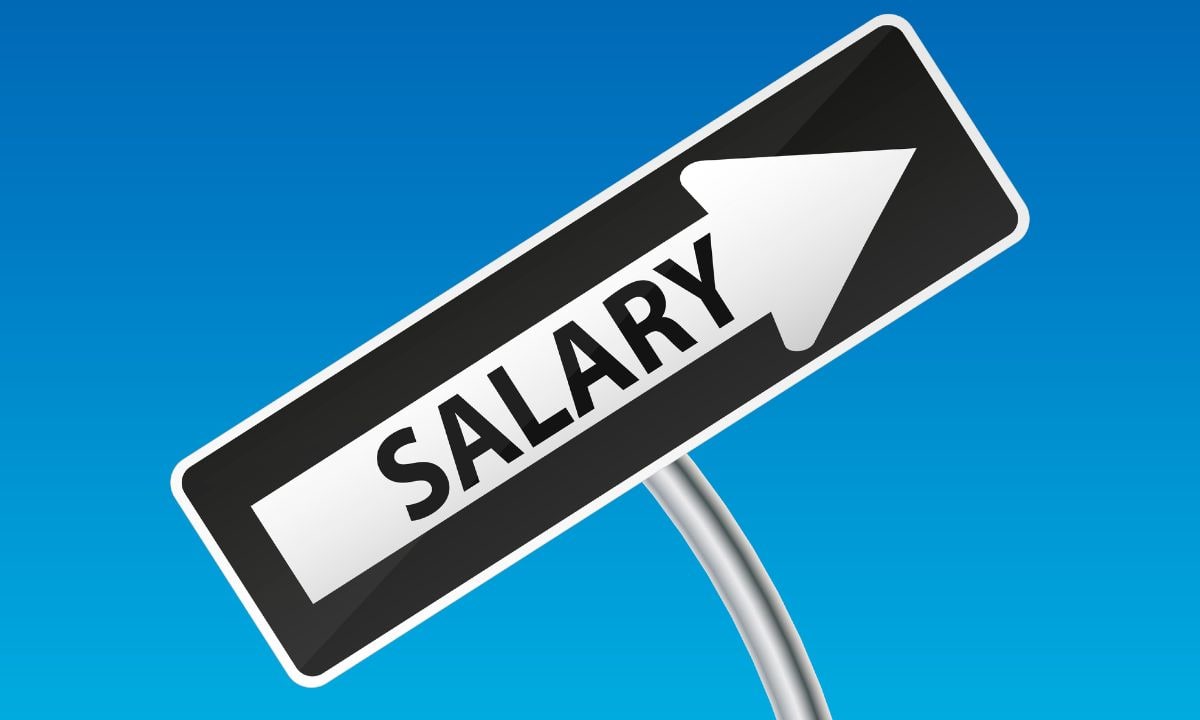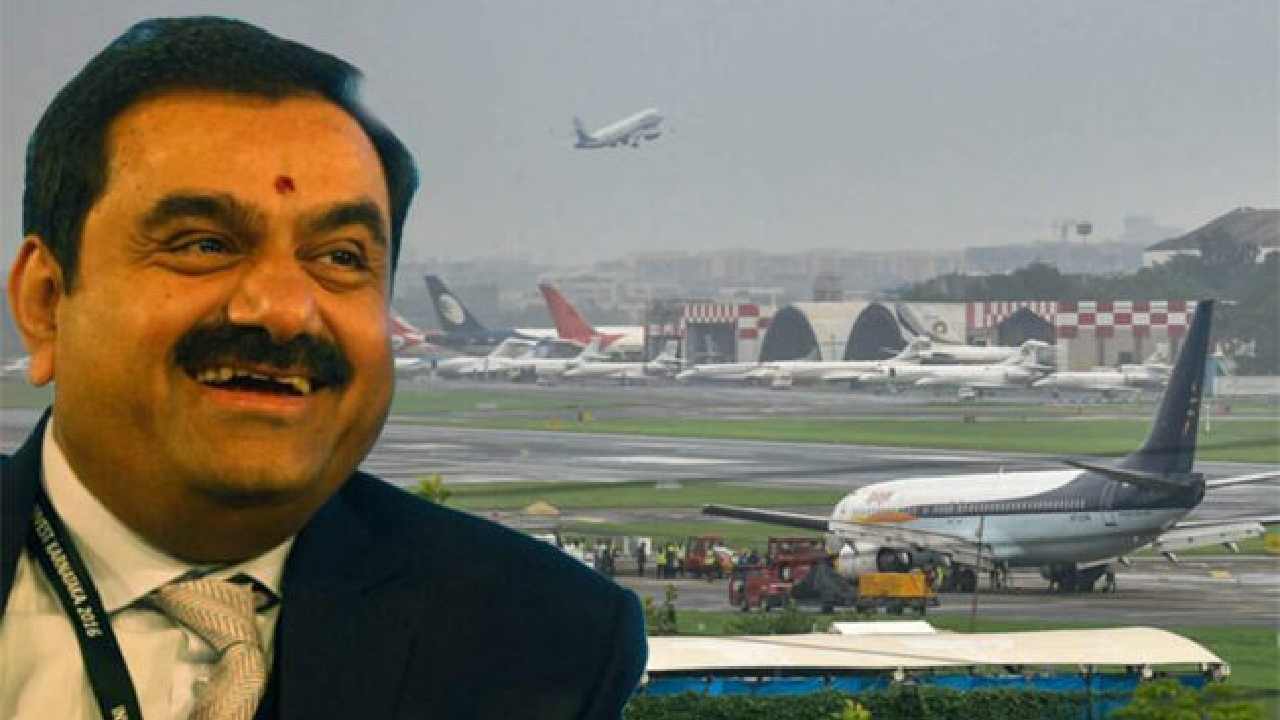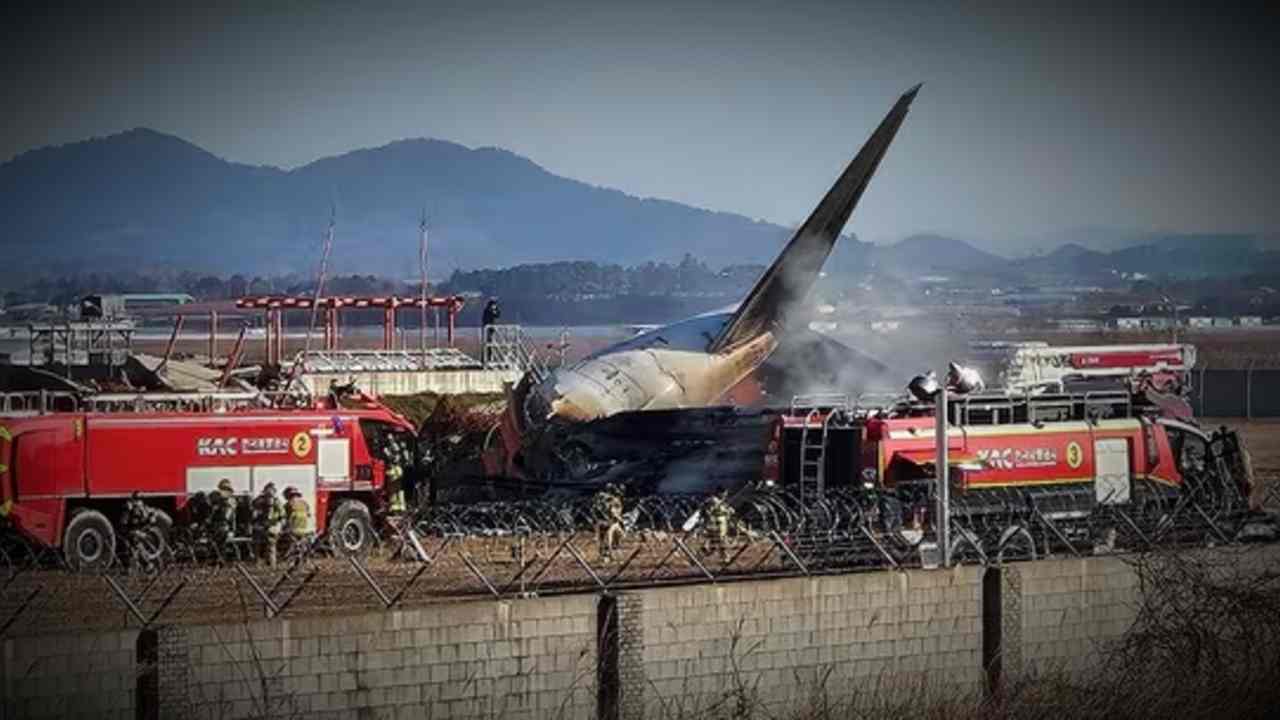Introduction
The anticipation surrounding the 8th Pay Commission is growing among central government employees in India. Although the government has not made any formal announcements about its implementation, discussions regarding its potential arrival have intensified. Employees are hopeful that the commission will lead to significant salary increases, particularly with the expected implementation around January 2026.
Current Status of the 8th Pay Commission
General Secretary of the All India Railwaymen’s Federation (AIRF), Shiv Gopal Mishra, has expressed optimism regarding the announcement of the 8th Pay Commission. In interviews, he stated that central employees should see a salary hike starting in January 2026. This hopeful sentiment reflects a wider expectation among rail and government workers that actionable steps will soon be taken by the government.
Salary Expectations
Following the pattern established by previous Pay Commissions, which typically recommend salary adjustments every ten years, the upcoming commission is expected to build upon the significant changes made by the 7th Pay Commission, implemented in 2016. The latter led to substantial pay increases that have greatly benefited employees, setting high hopes for similar improvements in the near future.
Reasons for Anticipated Salary Hikes
- Inflation Concerns: With the cost of living steadily rising, an increase in salaries is deemed necessary to maintain the purchasing power of employees.
- Employee Unions’ Advocacy: Employee unions like AIRF are actively engaging with government representatives to advocate for fair compensation and express the concerns of workers.
- Political Climate: Upcoming assembly elections may compel the government to address employee demands more urgently, considering the political ramifications of public satisfaction.
Potential Benefits for Railway Employees
Mishra’s statements indicate that if the 8th Pay Commission are to be implemented, railway employees will see direct benefits. An increase in salary would provide significant relief given the current economic conditions, enhancing their living standards and enabling them to better cope with financial pressures.
The Role of Employee Unions
Employee unions play a crucial role in articulating the needs and demands of workers to the government. Their regular negotiations ensure that the voices of employees are heard. The pressure exerted by these unions is anticipated to facilitate the formation and recommendations of the 8th Pay Commission expeditiously.
Government’s Response and Future Outlook
While no official statements regarding the 8th Pay Commission have been made by the government, the current political landscape suggests that the government might soon take actionable steps. Given the rising inflation and the pressing demands from employees, announcing a substantial salary hike is likely seen as a crucial step for government officials, particularly in light of upcoming elections.
Conclusion
The potential arrival of the 8th Pay Commission brings a glimmer of hope for central government employees, especially railway workers, who are anticipating a much-needed salary increase. As discussions continue and the political environment evolves, there remains a collective expectation that the government will act in favor of its employees, ensuring their financial well-being amidst economic challenges.












